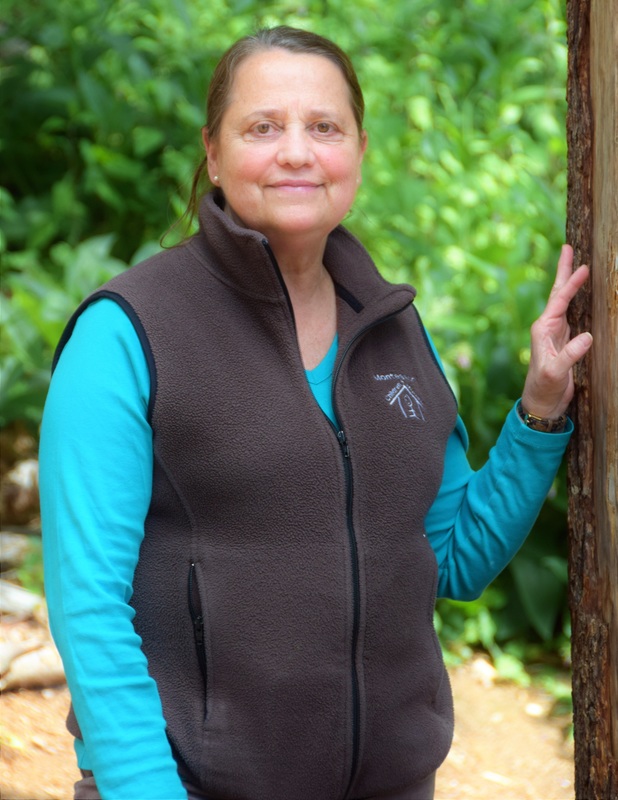|
Important research has proven that a child’s exposure to language starts in utero between six and seven months when the fetus begins to hear. The fetus will respond to familiar voices and patterns in sound; especially your voice and classical music. Talking to your child and playing music while in utero will enhance his brain and language development. It will also help promote bonding between you and your infant after birth because he will be familiar with your voice.
Learning to talk is one of the most important and difficult steps in a young child’s life. Language helps him: make sense of the world, organize thoughts and express them, ask for what he needs, and be able to understand what others say. When a child acquires language, he has taken a giant step toward independence!! Language and speech development takes place at different rates for different children. It is not taught to children but absorbed by them. A child will learn any language he is exposed to but will need help from adults in his environment. The adult’s role in language acquisition is very important. You are the prime interest of your newborn; your face, touch, and voice will comfort him. It is important to understand what to expect from your child and how to respond to him in order to best promote language development. The following information may help: • Crying is the first communication of the newborn. Expect him to cry between 30 minutes and 3 hours within a 24-hour period. • If your newborn cries, he will have a need that should be addressed immediately. • An infant will begin to coo at 3 to 4 months old. • Babbling begins between 6 and 7 months. • Multiple babbling begins between 9 months and 1 year. • First intentional word is at about 12 months. • By 18 to 24 months, he may have as many as 50 productive words. May use a single word to express a thought. • By 24 months, he may use 2 or 3 word phrases. • By 3 years old, will ask questions and will use full sentences. • Talk to your child from birth and imitate his sounds. • Look into his eyes, smile, and talk. • Allow your child time to get out the sounds or words he wants to say. • Name things and talk about what you are doing. • Model respectful language such as “please” and “thank you.” • Be positive when speaking to your child. Enjoy him! • Speak slowly, clearly, precisely, and calmly. • Language development goes from concrete to more abstract. • Read to your child at least by 8 months of age (the earlier, the better). Cardboard and cloth books with colorful pictures are best. He will chew on them! • Name things in books. • Use your child’s name when speaking to him. • TV is bad for language development. Your child should be having conversations with real people to best promote language. • Speak to your child, not at him! • Sing songs and read rhymes. • Some children raised bilingual do take a little longer to start talking than those raised in monolingual households. The delay is temporary, however, and according to experts, it's not a general rule. • Be concerned if your child demonstrates any of these at risk signs: 1. No eye contact 2. No response to whispering 3. Cries often with no change in pitch 4. Shows little emotions when trying to produce words 5. Does not respond to your voice “Only the child under three can construct the mechanism of language, he can speak any number of languages, if they are in the environment at birth.” - Maria Montessori
0 Comments
|
Kim BerudeInfant/Toddler Program Director Archives
November 2018
Categories |
|
Montessori Children's House
5003 218th Ave. NE Redmond, WA 98053 Phone: 425-868-7805 [email protected] For Records Requests, please reach out to [email protected]. |
Founded in 1987
|


 RSS Feed
RSS Feed
